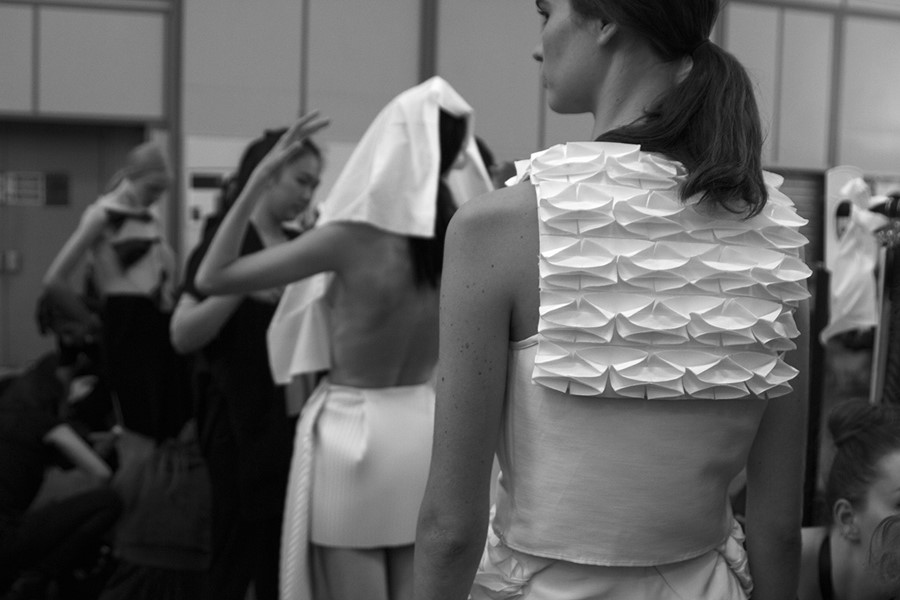Insiders meets Hugh Devlin, the man broking many of the key deals in the competitive business of haute couture
After circulative rumours since February, LMVH announced this week that they have bought a majority stake in Nicholas Kirkwood, while buying a minority hold in JW Anderson. A momentous occasion for both designers, the latter of whom has also been appointed Creative Director for Loewe. This is a celebratory moment for British fashion, following a line of oversea investment in London-based designers. “International companies continue to look to Britain for creative talent,” cites Hugh Devlin, a leading player in the world of Haute Couture Law.
Devlin oversaw the recent Anderson and Kirkwood acquisitions, working as a principal advisor for the luxury brands sector of Withers Worldwide. He has been working with Anderson for the past 18 months since advising him on his Versace collaboration, while he and Kirkwood met initially as friends, when Kirkwood was working for Philip Treacy.
Devlin has worked with Peter Pilotto, Mary Katrantzou, Mulberry and Givenchy amongst others, guiding their businesses and investment. He advised Natalie Massenet on the sale of Net-a-Porter and Christopher Kane on his appointment as Design Consultant to Versus as well as his collaboration with Topshop. He often meets his clients through “reputation and point of view more than anything… you have to play with every designer’s personality. Their design and work ethos is often dictated by their character.” His role has been one that has evolved in the fashion industry due to necessity, with rising demand for legal specialists to help protect and nurture a garment from conception to consumer.
“Designers no longer see fashion as a fine art in the same way as the generation before them... They now see it as an applied art and as a business. If you don’t realise it is a business then become a costume designer.”
Contracts can take anything from 36 hours to a year and contrary to what one might think, deals between designers and LMVH are not financially led – “It differs on the designer and terms of opportunity. It is not because LMVH write bigger cheques, in fact it is probably the case that a bigger cheque would be written elsewhere. It is because those groups bring with them a lot of experience and resources.”
Having worked within the industry since 1995, Devlin has watched the fatality of many fashion houses, such as Luella and more recently Christian Lacroix. Yohji Yamamoto famously filed for bankruptcy in 2009 and remains on financial life support. “Designers no longer see fashion as a fine art in the same way as the generation before them, such as Alexander McQueen and Hussain Chalayan. They now see it as an applied art and as a business. If you don’t realise it is a business then become a costume designer.” The key transformation has come from the internet, which allows smaller brands to be globally accessible.
“Fashion business isn’t as fluffy as people think. In London today we have been really fortunate because we have a generation and we have a new wave coming behind them and they are determined to succeed, and the only way they can succeed is to have a business.”
Text by Mhairi Graham
